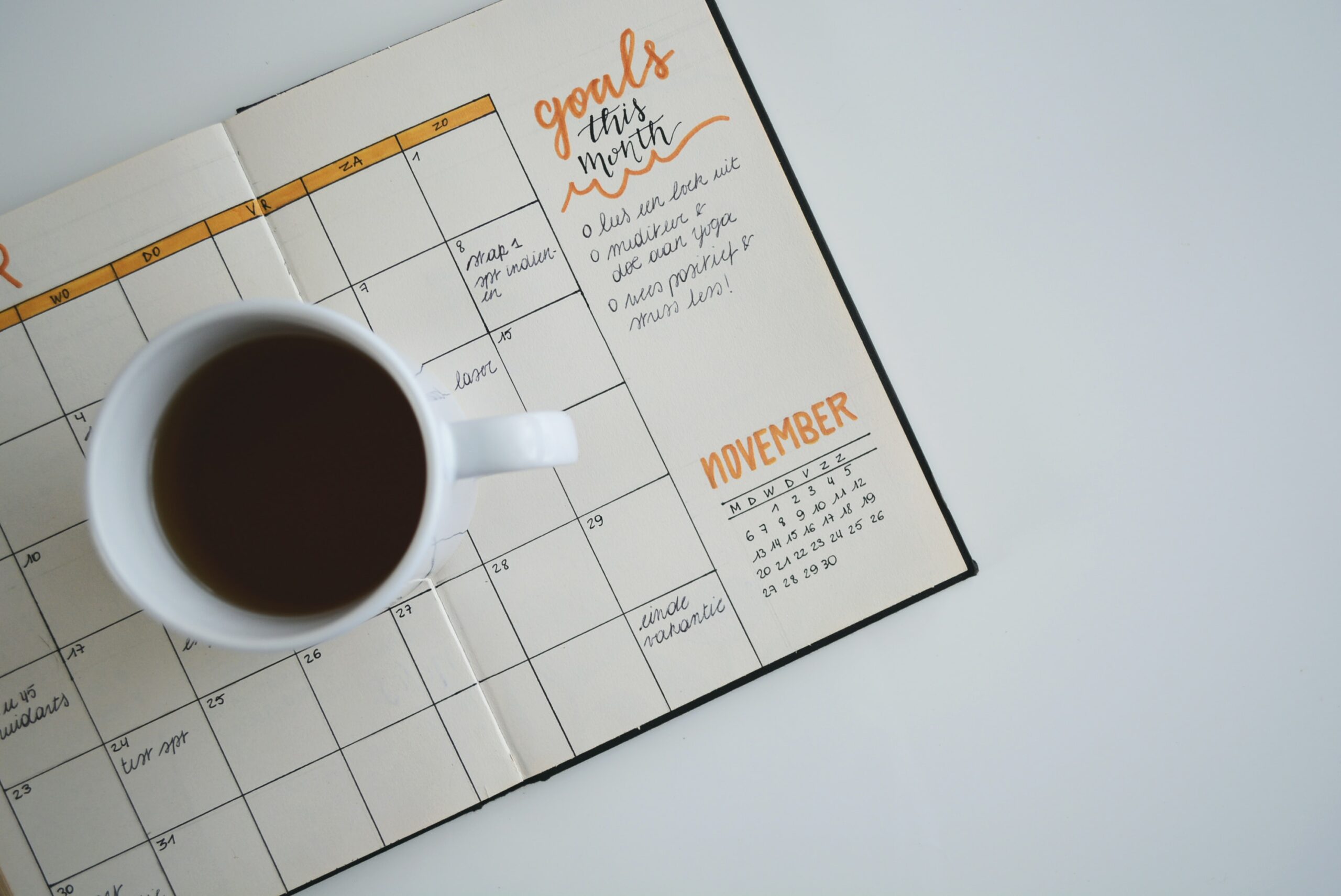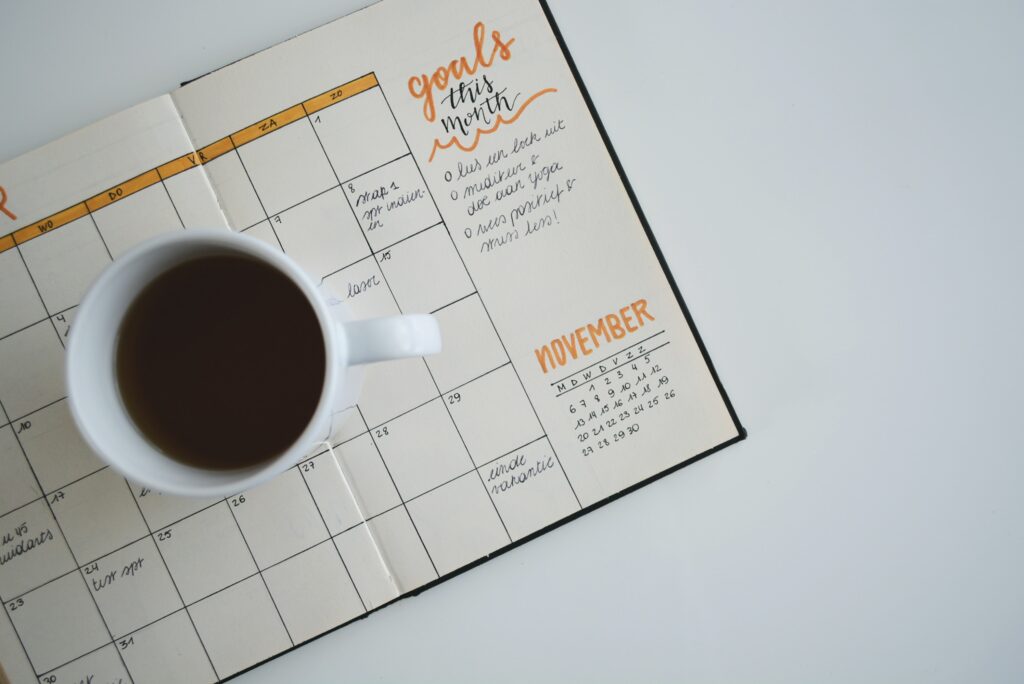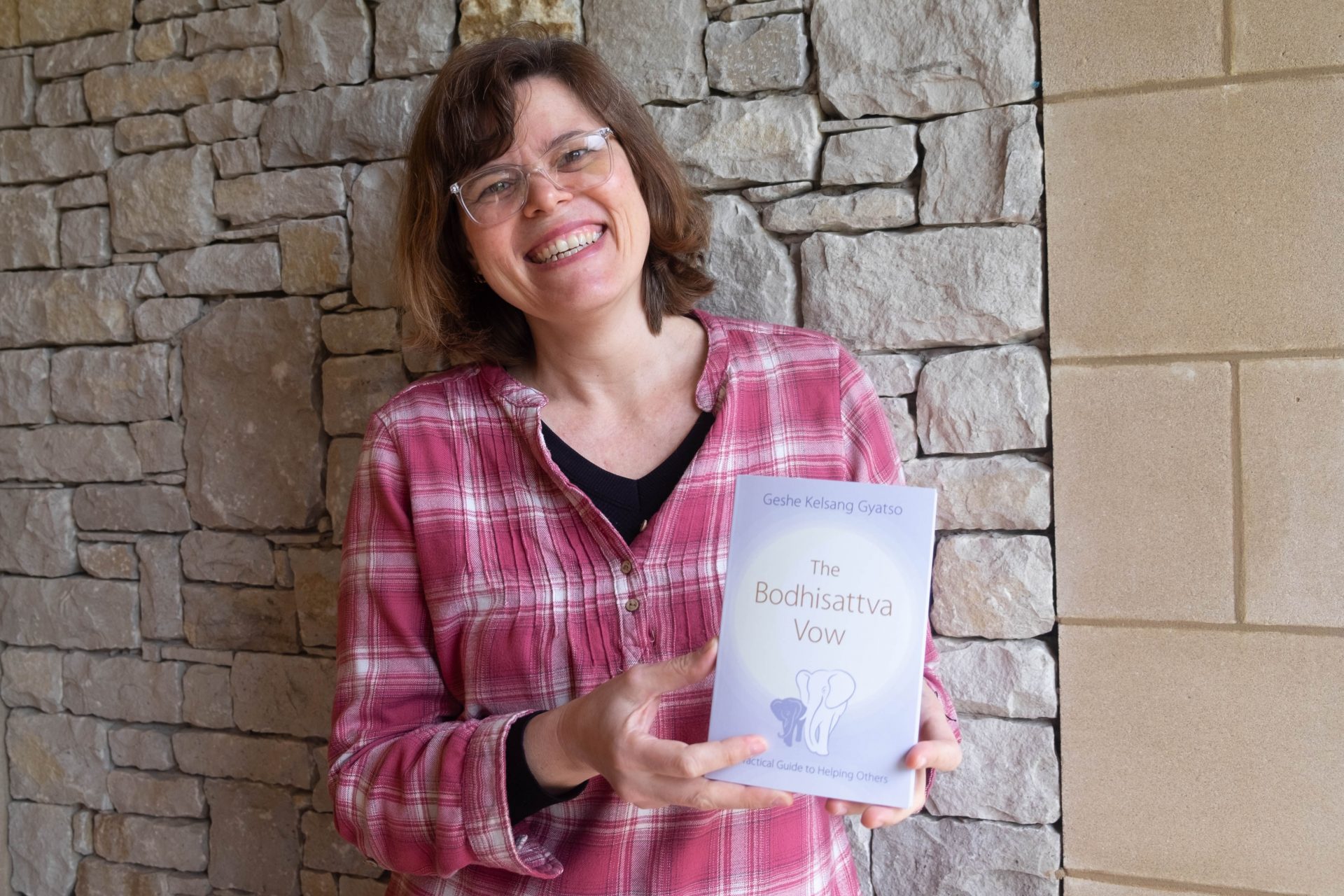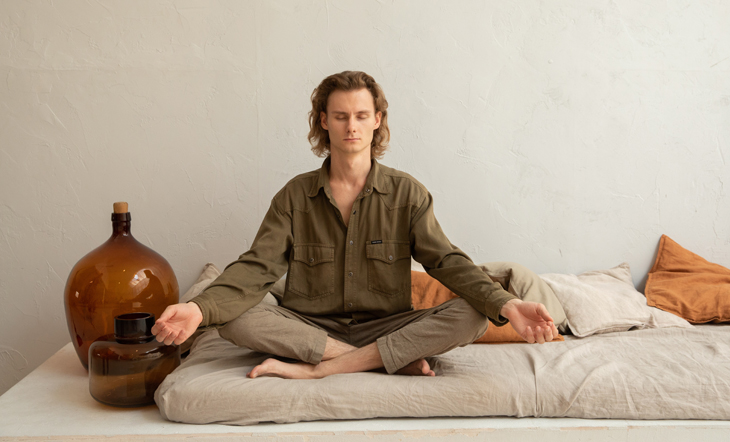6 Tips to Save Time and Add Satisfaction to Your Life
It’s easy to forget how privileged I am when I’m rushing from one project to another, driving from here to there, and clicking from site to site. It’s so easy to ignore when I have lists of things I...


It’s easy to forget how privileged I am when I’m rushing from one project to another, driving from here to there, and clicking from site to site. It’s so easy to ignore when I have lists of things I need to buy, places I need to go, and things I need to accomplish.
I don’t feel privileged – I feel under pressure.
As my brother-in-law Chris says, these are “first world problems!” Our privilege and affluence keep our lives in a constant whirl.
Most of us don’t have to worry about where our next meal will come from or where we’ll shelter for the night. Instead, we’re worried about the weight we want to lose, the new smart gadget we want to buy, or whether we can afford that trip to Cancún.
We’re lucky. Since we don’t have to worry whether we can meet our basic needs, we have tons of time and energy to deepen our closest relationships, observe and learn about our amazing world, develop our interests and talents, and figure out which mission of lasting significance we’re meant to fulfill.
That is what we do with all our extra time and energy, isn’t it?
Oops. Wait a minute. Go back and look at the beginning of this post, because I think it describes the way most of us actually spend our lives.
We’re busy. Busy is the modern default condition. But what are we busy for?
One of the benefits of minimalism is that it’s countercultural – it lets us be different. In a society that’s drowning in busyness and belongings, we can choose something else.
A paradox
Let’s say we decide we want or need to slow it down a bit. How can we be less busy yet still create lives of significance? Aren’t we trying to add value with all our travels, experiences, and possessions? Aren’t we trying to increase our significance with all our goals, activities, and achievements?
How can our lives possibly matter if we stop chasing all those things?
I’ve wondered and worried about these same questions. And what I see is parents “too busy” to play with or read to their children. I see children “too busy” to call or visit their parents. I see people “too busy” to volunteer for a good cause or even take a vacation. I see people who talk about how stressed and burdened they feel while driving cars, buying houses, or sporting technology they’ll have to work even longer and harder to pay for.
We don’t have to live like this. We can be less busy and more fulfilled.
6 traits of the unbusy
1. They know their purpose.
Mark Twain said, “The two most important days in your life are the day you are born and the day you find out why.”
Every day, we’re presented with countless choices of how to spend our time, money, and attention. We need boundaries and a road map for how we’ll use those assets. We need to figure out who we want to be and what we care most about accomplishing.
Pro tip: Unbusy people make choices that align with the things that matter most to them.
2. They remember that they have a choice.
We tend to think we “have” to do all the things we do. We allow busyness to be thrust upon us, forgetting that busyness is a decision we make.
Greg McKeown, author of Essentialism, writes, “No one can take away your right to choose. You can’t even give it away if you want. You can only forget that you have the power to decide.”
I know it’s possible to have demands on your time and energy that seem to leave no choice. I parented infants and young children, had demanding bosses, and kept challenging concert schedules. I had young teenagers who needed transportation to multiple classes and clubs. In each situation, I made the decisions that placed me there. I may have felt like a victim and moaned like a martyr at the time, but I shouldn’t have. I had a choice.
Pro tip: Unbusy people understand that they control their schedules.
3. They say no to things that don’t align with their priorities.
Sometimes those choices are easy. I’ve never been athletic, so I never worried whether I should play soccer or volleyball when either was an option. But I’ve chosen to be a teacher, an opera singer, a writer, a mother, and more.
When I tried to achieve all those ambitions at the same time, I rarely did anything as well as I wanted to. When I dropped some commitments, I accomplished more in the areas I chose to focus on.
Some of the opportunities we encounter each day are things that seem interesting, even though we’re busy with other pursuits. Some of the opportunities are important, urgent, or popular. But if we allow ourselves to say yes – even to some of the good things we might do – we’re left with fewer resources to spend on our true mission and purpose.
Pro tip: Unbusy people say no, even to some worthwhile activities.
4. In fact, they say no to almost everything.
When we give up focus, we’re less able to do our best work.
Warren Buffet puts it this way: “The difference between successful people and very successful people is that very successful people say ‘no’ to almost everything.”
Mr. Buffet’s idea of success may be different than mine, but it’s still true that if you want to succeed at your most valued pursuits, you have to say no to less important activities that distract you from them. The word “no” creates essential space and focus.
Pro tip: Unbusy people know that they can accomplish more by doing less.
5. They recognize that some pursuits will never fulfill them.
Joshua Becker, author of Things That Matter, makes the point that some pursuits can never satisfy our longings for meaning and happiness. These pursuits become unending because they’re unsatisfactory. They’ll always demand more of our time, money, and attention.
For example:
We think we’ll be fulfilled when we achieve a bigger paycheck, only to discover that it’s not quite big enough for all our new desires. We think we’ll be fulfilled by a promotion or other accolades, only to discover that the recognition doesn’t last unless we go on to achieve “the next big thing.” We think we’ll be fulfilled by a larger home, only to discover that it’s accompanied by higher costs and a greater “need” for more comforts and amenities to fill the space. We think we’ll be fulfilled by a fancier vehicle, only to discover that it needs as much, if not more, care than our old car. We think we’ll be fulfilled by a large bank balance, only to discover that money doesn’t solve all our problems. We think we’ll be fulfilled by sex, alcohol, or drugs, only to discover that the pleasure is gone by the next morning.Becker adds that when a pursuit doesn’t provide lasting fulfillment we have two choices. We can keep chasing the dream, hoping that at some point we’ll be satisfied, or we can reject that pursuit as a way to find happiness.
It is possible to find satisfaction, but not when we’re looking in the wrong places.
Pro tip: Unbusy people recognize that a lot of the things most people pursue will never bring happiness, and they choose not to be distracted by them.
6. They recognize the importance of rest.
Rest isn’t laziness. It’s essential for physical, mental, and emotional well-being.
But in our culture it’s more common to be overworked and exhausted. We see it as a badge of honor and a measure of our importance. Never mind that few 50-year-olds get by without medications for depression, sleeplessness, high blood pressure, and more.
We need to schedule rest and guard it. Take time to:
pray or meditate be quiet and attentive in nature eat mindfully away from a desk have a conversation exercise relax with a book or a hobby get from one appointment to another without pushing, speeding, or otherwise demanding that all people and obstacles get out of your wayPro tip: Unbusy people are intentional about rest, connection, and contemplation.
We’re privileged.
We don’t have to spend most of our waking hours foraging, hunting, or doing hard physical labor just to provide the bare minimum of shelter, food, and clothing. We don’t have to settle for being merely busy. We have the opportunity to develop and use our abilities, arrange our lives around what we find most important, and enjoy a sense of purpose that adds zest to every day.
***
About the Author: Karen Trefzger is a writer, singer, teacher, wife, mother, and grandmother who has been choosing a simpler life for over 20 years. She is the author of several books about minimalism, and blogs at Maximum Gratitude Minimal Stuff.

 AbJimroe
AbJimroe 






























